Cambridge centre for early cancer detection is gifted £11m
- Published
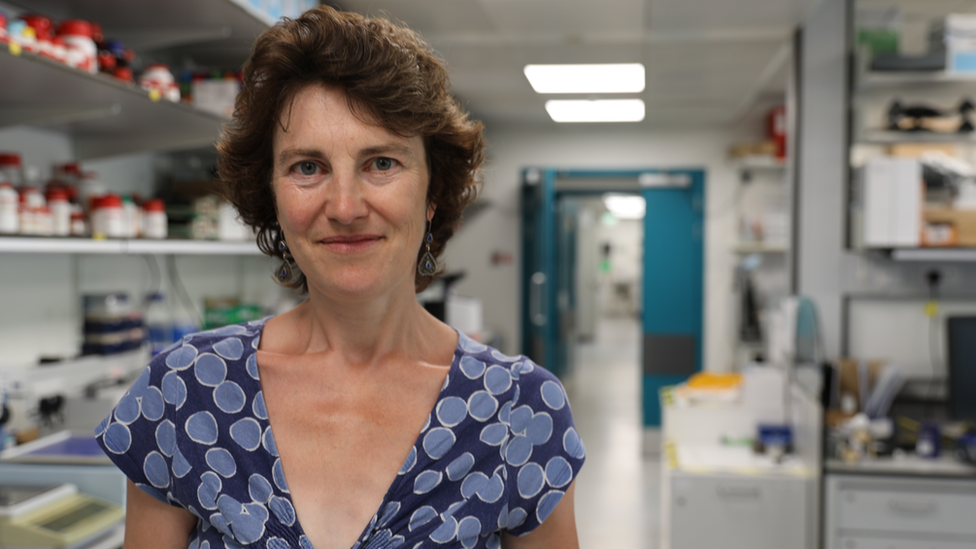
Prof Rebecca Fitzgerald is the director of the Early Cancer Institute, which carries out pioneering work to detect hard-to-treat cancers
A cancer research centre dedicated to early detection has been gifted £11m by an anonymous donor.
The Early Cancer Institute in Cambridge focuses on hard-to-treat cancers, such as lung and oesophageal, and acute myeloid leukaemia.
The donation will fund the redevelopment of the Hutchison Building, which has been renamed in honour of one of the original donors - Sir Ka-shing Li.
He opened the current building in 2002.
The institute is based at the Cambridge Biomedical Campus, which brings together expertise in research and development and computer science, as well as two leading hospitals, Addenbrooke's and Royal Papworth.
It has now been renamed the Li Ka Shing Early Cancer Institute, and redevelopment will enable it to scale up and expand its work with cutting-edge laboratory space and attract scientists and clinicians to join its teams.
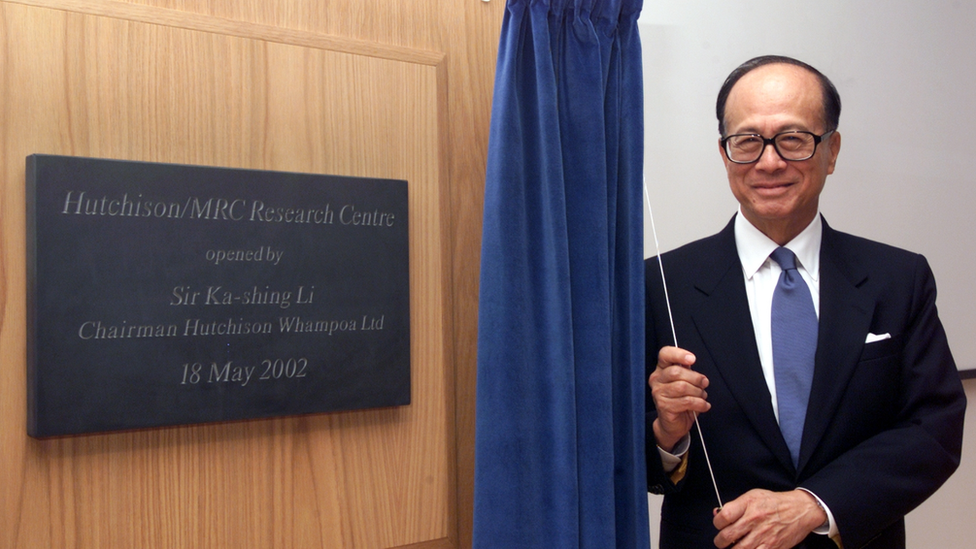
Sir Ka-shing Li donated to the original Hutchison Building in 2002, and in 2007 to the separate Li Ka Shing Centre, which houses the Cancer Research UK Cambridge Institute
Detecting and treating cancers earlier dramatically increases survival rates and reduces healthcare costs.
However, detection and treatment methods have changed very little for lung, liver and oesophageal cancers over the past few years, and outcomes are often poor, researchers say.
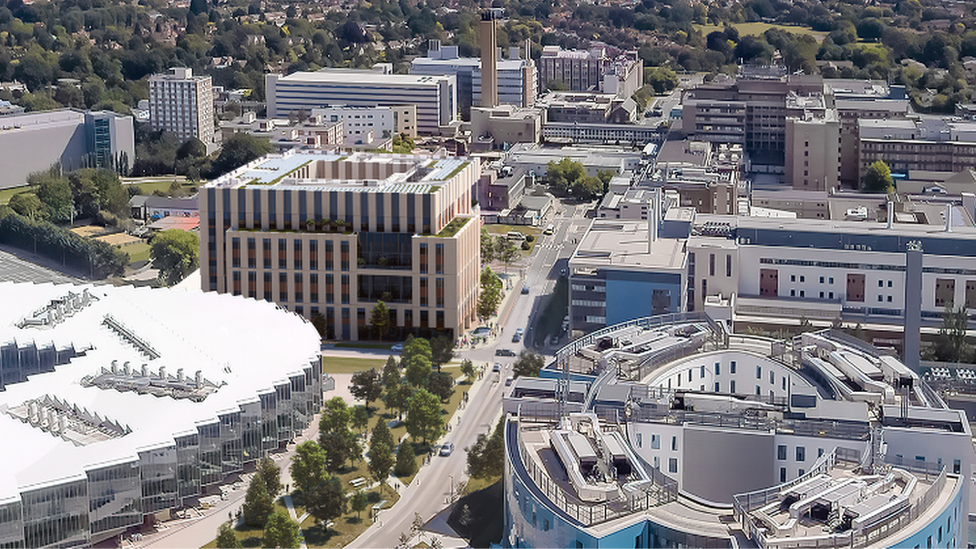
The Early Cancer Institute is based on the Cambridge Biomedical Campus, the largest bioscience ecosystem of its kind in Europe
The institute's director, Prof Rebecca Fitzgerald, said the "extraordinary gift" would "provide the cutting-edge research facilities necessary to help our researchers develop pioneering early cancer detection innovations and take these from bench to bedside with even greater speed and focus".
Prof Fitzgerald's team is behind the "cytosponge" test for Barrett's oesophagus, where patients swallow a pill that dissolves into a sponge.
The device can detect early signs of oesophageal cancer, which is the seventh most common cause of cancer deaths in the UK, with symptoms often mistaken for heartburn.
"We must ensure that as many people as possible are able to benefit from our cancer research," said Prof Deborah Prentice, vice-chancellor of the University of Cambridge, adding that the £11m gift "allowed us to make extraordinary progress in understanding this terrible disease."
Sir Ka-shing said the renaming in his honour "fulfils my lifetime commitment to build the good of science".
"I am greatly encouraged that much advancement has been made towards cancer diagnosis, treatment and prevention," he said.
"It is also evident now that early detection of cancer will yield the best chance of successful treatment and quality of life for the patient."

Follow East of England news on Facebook, external, Instagram, external and X, external. Got a story? Email eastofenglandnews@bbc.co.uk, external or WhatsApp 0800 169 1830
Related topics
- Published28 January 2022
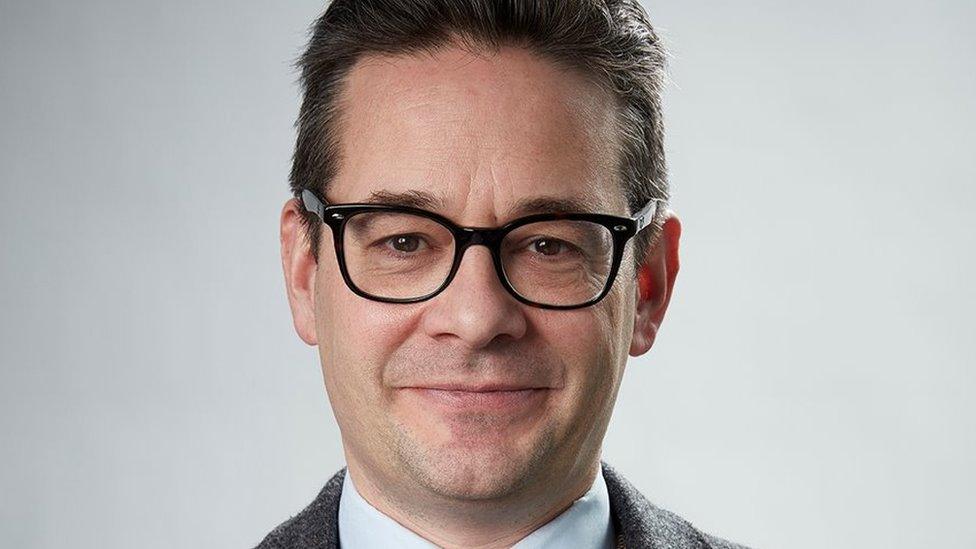
- Published25 May 2023
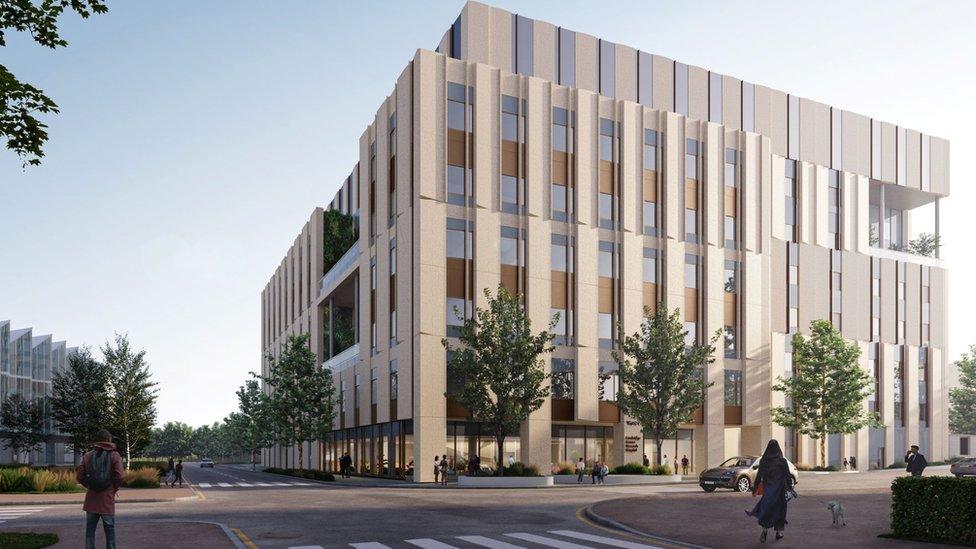
- Published21 September 2022
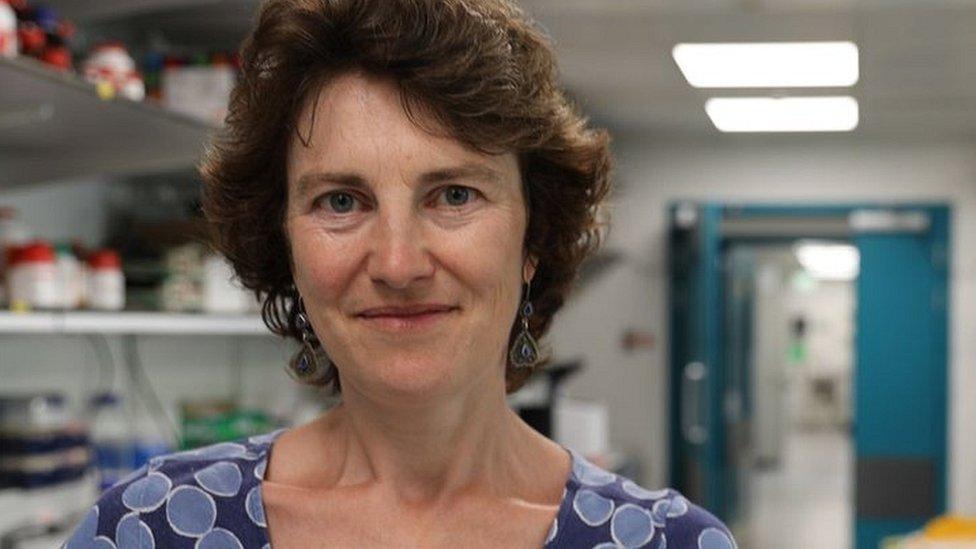
- Published18 August 2022
